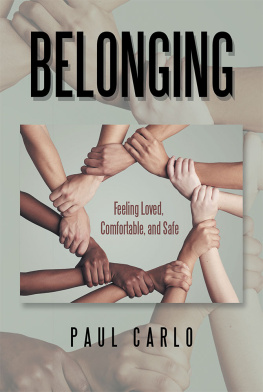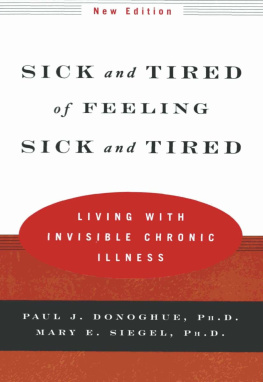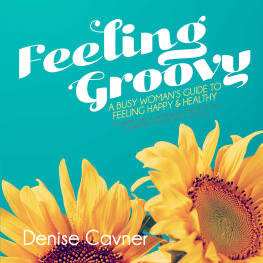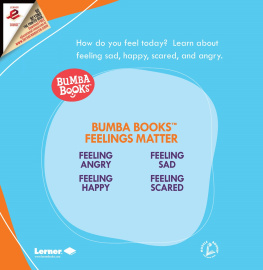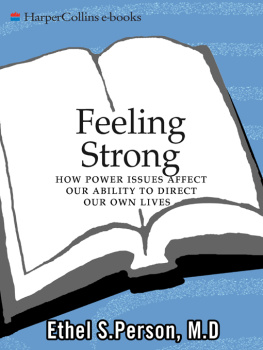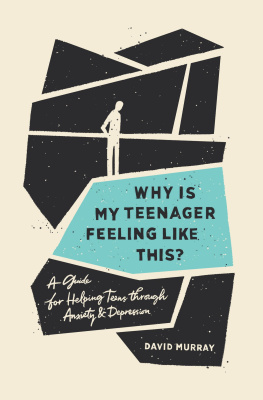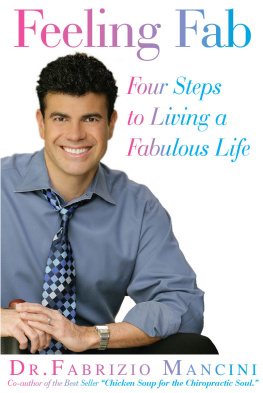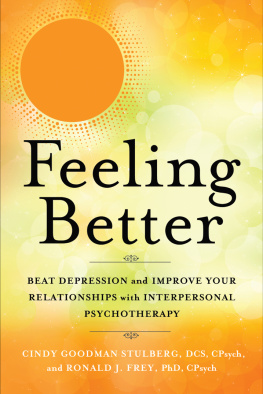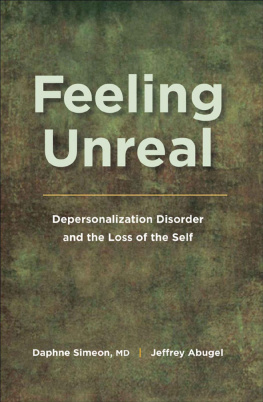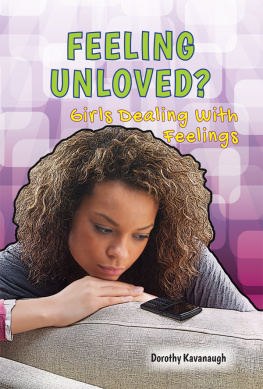BELONGING
Feeling Loved, Comfortable, and Safe
Paul Carlo
Copyright 2019 by Paul Carlo.
Library of Congress Control Number: 2019903837
ISBN: Hardcover 978-1-7960-2510-1
Softcover 978-1-7960-2509-5
eBook 978-1-7960-2508-8
All rights reserved. No part of this book may be reproduced or transmitted in any form or by any means, electronic or mechanical, including photocopying, recording, or by any information storage and retrieval system, without permission in writing from the copyright owner.
Any people depicted in stock imagery provided by Getty Images are models, and such images are being used for illustrative purposes only.
Certain stock imagery Getty Images.
Rev. date: 04/08/2019
Xlibris
1-888-795-4274
www.Xlibris.com
793675
CONTENTS
To
Cecily and Jonathan
And
With deep gratitude to all the personal and spiritual relationships Ive had in my life until now, and to all those I will be having in the future.
As a psychotherapist in private practice, I see many people at various stages of lifefrom young adulthood to advanced ageseeking help because of a common theme. They feel troubled by an uncomfortable sense of loneliness, of internal isolation and uneasiness, even though from an external point of view many of them have what most people would see as markers of a successful life: academic, vocational or professional accomplishments, and generally good health. Still, even those who have many social contacts, feel somehow dissatisfied. Most of them have read one or more self-help books about relationships and happiness but havent discovered why they feel unfulfilled and unimportant to others who play a significant role in their lives. They cant put their finger on it, but they feel a deep longing for something more, something else. They tell me they feel unable to experience true joy in how they live their lives, or to feel happiness and confidence about who they are and the choices they make. They are constantly bothered by second thoughts and find themselves replaying conversations theyve had and wishing they had handled them differently. Although they are not literally alone, still they feel lonely a lot of the time.
This hunger for whatever it is that will bring a sense of purpose and meaning to their existence often leaves even those who are in a committed relationship with another person, still feeling like something important is missing. For many, the most distressing part of all is they even feel a distance from themselves, a sense of not knowing who they are or what they really want from life. It is very difficult for them to live in a fully present state of mind, to be in the moment, so to speak. Instead, they seem constantly distracted, unable to fully experience and enjoy whatever is good and fulfilling around them. Worst of all, some tell me they dont feel truly loved for who they are and, more to the point, they dont feel lovable.
As I talk with them, Ive come to realize that overall, what seems to be missing in their lives is a sense of truly belonging, of feeling comfortable and safe. They seem to lack the ability to establish and maintain personal connections that feel authentic and meaningful over the long term. The kind of relationships that are personal, intimate, and safe on many levels; interactions with the world around them that consistently leave them feeling understood and cared about, wanted, and needed. People feeling this kind of alienation are longing for the kind of personal connections that could give them a secure sense of fitting in, of being wanted, of belonging.
If this sounds somewhat familiar to you, its because these feelings are not just the exclusive experience of people who go to a professional to seek help with their emotional lives; lots of other people feel this kind of uneasiness too. Often when I mention the issue to members of my family or to my wider circle of social contactsmy friends or colleaguestheir response of recognition and awareness tells me this is a more widely felt problem than I had previously realized. In fact, it seems we are divided into two groups. The first group is those of us who seem able to comfortably and eagerly seek to connect to others and seek (and usually gain) reciprocity in their relationships with colleagues, friends, or loved ones. The second group is those of us who are overly cautious about personal relationships, do not feel generally trusting or safe in the presence of others, find it difficult to connect well, and find ourselves feeling alone much of the time.
Despite how hard it is to live with feelings of discomfort and a lack of hopefulness about not connecting well with others, we can achieve more comfortable and pleasant experiences in our personal relationships. There is a way to solve this problem. In the following pages, we will look at a variety of environmental, social, and personal aspects of our daily lives that contribute to our feeling alone, ill at ease, and unconnected. We will talk about how to examine our behavior at crucial decision points and explore alternate behaviors that will result in the emotionally safe and satisfying relationships and a state of mind we all so much desire and deserve. All of us can learn the art and skills necessary to develop and keep satisfying and deeply caring personal relationships with others and experience the feeling of personal power that comes with that accomplishment.
Every creative effort requires an initial boostsomething to set the process in motion. That push, the enabling element for this work, emerged as I sat in my Santa Monica office on a warm summer afternoon, enjoying a short work break, and consciously thinking about nothing at all. Suddenly, I flashed to a February snowstorm in New Jersey.
I am four years old. I can see myself standing on the cold sidewalk, holding my grandmothers hand, waiting for the bus. It is snowing, and the wind is blowing. I am short, and the snow is up to the top of my rubber boots. A quick gust of icy wind almost knocks me over. My grandmother extends her arm and with that hand flares open her big fur coatwith the other arm she scoops me in closer to her and wraps the coat around me. And, in an instant, I feel at one with her, safe in the snowstorm, safe in the universeseamlessly joined. I feel securely attached and connected to her. I know that I belong, that I am not alone.
So there I was, like a little cub nestled up against the mama bear, her thick furry coat sheltering me from the snow and wind, feeling the warmth of her presence; that bonding momentthrough a gesture, a touch, the words I love youplayed out without needing to be spoken. As I recount this event, I find myself feeling safe and warm and close all over again, and I am reminded that sometimes at the time of remembering an important event, everything can seem to be in the present tense.
The reemergence of the warm feelings the memory of being with my grandmother in the snowstorm brought back to me, made me realize that I wanted to understand more about the process that made the original experience possible, and to share the elements of that process with you. All of us deserve to have a better chance of creating and sustaining the kinds of connections that lead us to safe, secure, and lasting relationships; relationships that are built on unconditional love and acceptance.
What are the conditions that contribute to the lack of fear we feel when experiencing the comfort of secure human connection? How do we break it down? How can we balance the need to be both separate from others and yet together at the same time? Why do we sometimes feel alienated and dissatisfiedthe feeling that something is missing from our lives, even when in outward appearance it seems like we have all we need to be happy? We cant seem to put our finger on it; we dont quite know whats wrong, but we still feel a deep underlying yearning for something more, or something else. Even those of us who see ourselves as highly social by virtue of being constantly electronically connected to others, often feel a kind of untethered anxiety and an inability to enjoy (or even just to tolerate) any extended periods of being alone and not digitally in touch with others. Our personal online relationships are plentiful, so much so that they sometimes seem easily interchangeableand yet we dont really feel known and understood. Why is that?
Next page
